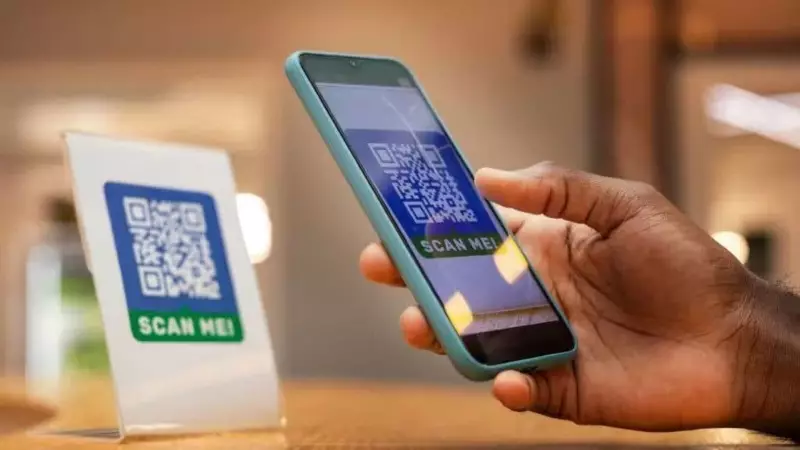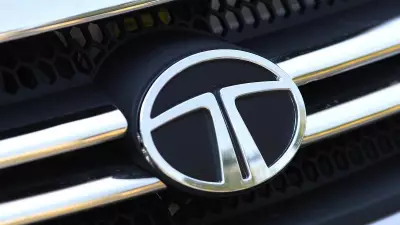
India's digital payment revolution has reached a monumental milestone, with UPI QR codes surging to an astonishing 67.8 crore across the country. This represents a staggering doubling of QR code adoption in just 18 months, showcasing the rapid acceleration of digital payments in everyday Indian commerce.
The Unprecedented Growth Trajectory
From street vendors to luxury boutiques, UPI QR codes have become ubiquitous in the Indian retail landscape. The latest data reveals that what took several years to achieve initially has now been replicated in less than two years, highlighting the massive shift in consumer payment preferences and merchant acceptance.
What's Driving This Explosive Adoption?
The surge can be attributed to multiple factors working in tandem:
- Merchant Benefits: Zero or minimal transaction costs compared to traditional card machines
- Consumer Convenience: No need to carry cash or remember PINs
- Government Push: Continued promotion of digital payments through various initiatives
- Pandemic Acceleration: COVID-19 catalyzed the shift to contactless payments
The Broader Impact on India's Economy
This QR code proliferation is transforming more than just payment methods. It's bringing millions of small merchants into the formal economy, enabling better tracking of transactions, and creating a robust digital footprint that can be leveraged for credit and other financial services.
Future Projections and Global Standing
With current growth rates, India is poised to become a global leader in QR-based digital payments. The ecosystem continues to evolve with new features like UPI Lite, recurring payments, and international expansion, suggesting this is only the beginning of India's digital payment transformation.
The numbers tell a compelling story: India isn't just adopting digital payments; it's leading a revolution that's reshaping how commerce functions at every level of society.





